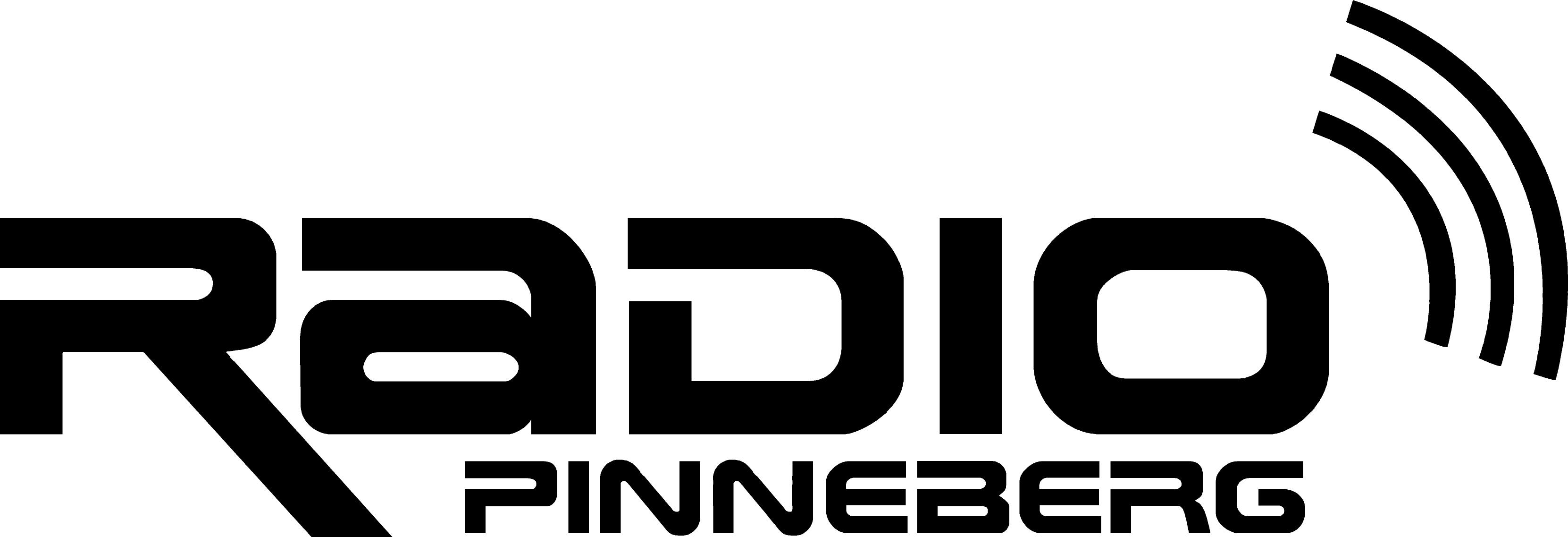
THE NO-NICHE NICHE Jeff McEwan never considered himself a revolutionary. Every network has established a cable presence, either by buying cable companies or creating cable networks, like CNBC. Even though the networks still rule the ratings, cable TV channels have become the arbiters of style (MTV) and sports (ESPN), and raised the TV movie to Hollywood heights (HBO). The Big Three networks rightfully scoffed in the early days - most cable programming was terrible. But soon, hundreds of niche channels rushed into the vacuum. But there were all these other channels, most of which seemed to consider a city council meeting compelling TV. Remember when cable TV was just for getting a better picture? Suddenly, those late-'70s sitcoms came in a lot clearer. The radio revolution is happening faster. Something like this has happened before: the cable TV revolution. The next few years could revolutionize everything about radio, from how to make money at it to how it sounds. Commercial radio broadcasting - a $14 billion a year business in the United States - is shaking off three decades of technological stagnation. Sick of finding a tolerable station on your car radio, only to drive out of range in half an hour? Soon, there's a good chance you'll drive coast to coast and listen to the same station that plays your favorite songs, or if you get tired of that, choose from 99 other stations.

Don't want to click around? Then build your own radio station, one that plays only country or classical or punk. Right now, almost any standard computer can cheaply become the ultimate radio, tuning in stations from Miami and San Francisco, from Moscow and Singapore. No longer do radio listeners have to passively accept the couple of dozen stations they can tune in at home or at work, slaves to the corporate formula that dictates repetitive, hit-oriented playlists. The events and music have changed through the decades, but radio has not. It was FM's early days, the static-free sound of entire King Crimson albums playing deep into the night.

It was the electric whistle of baseball announcers calling the World Series or breathless newsmen describing Pearl Harbor burning. Radio was tinny Top 40 blaring from cheap AM transistors, pressed to the ear.


 0 kommentar(er)
0 kommentar(er)
